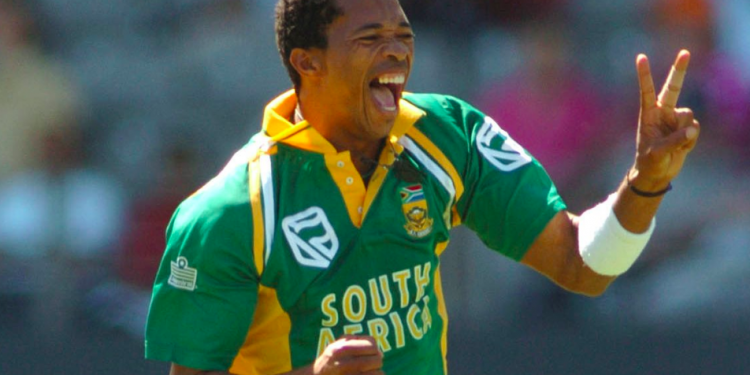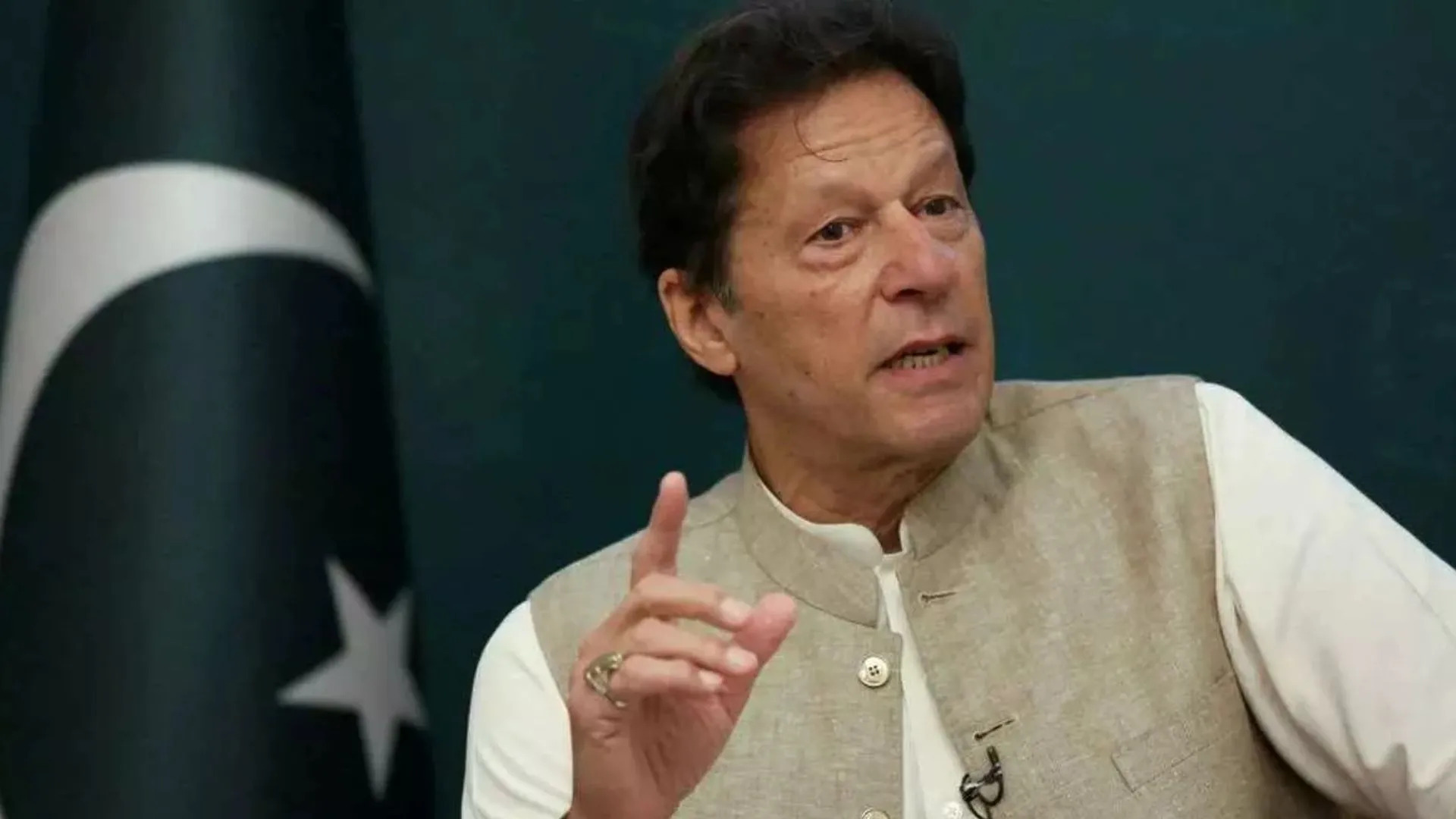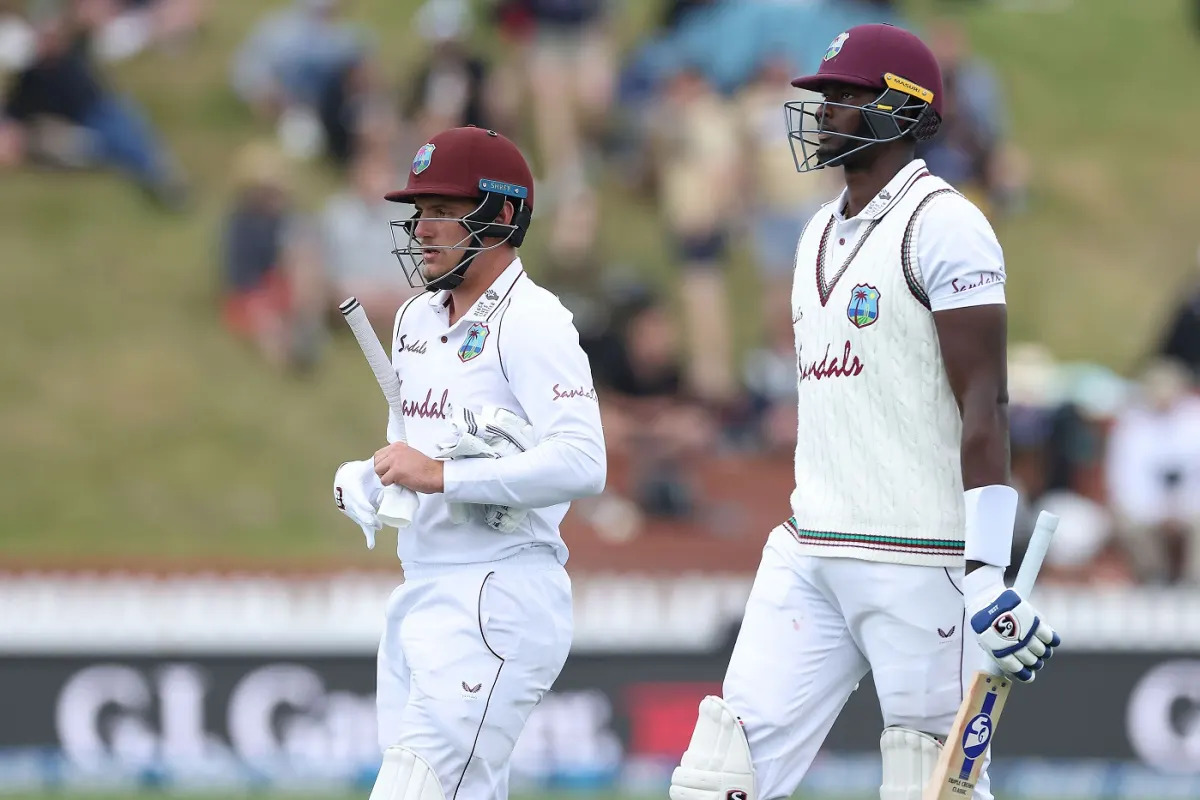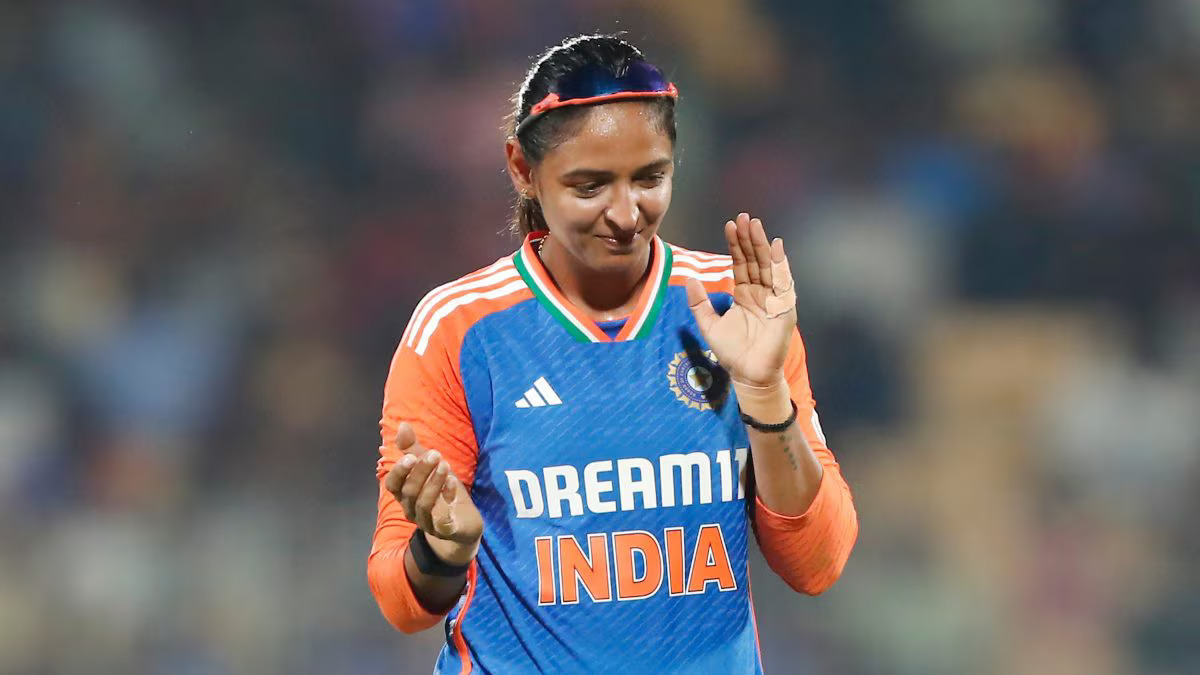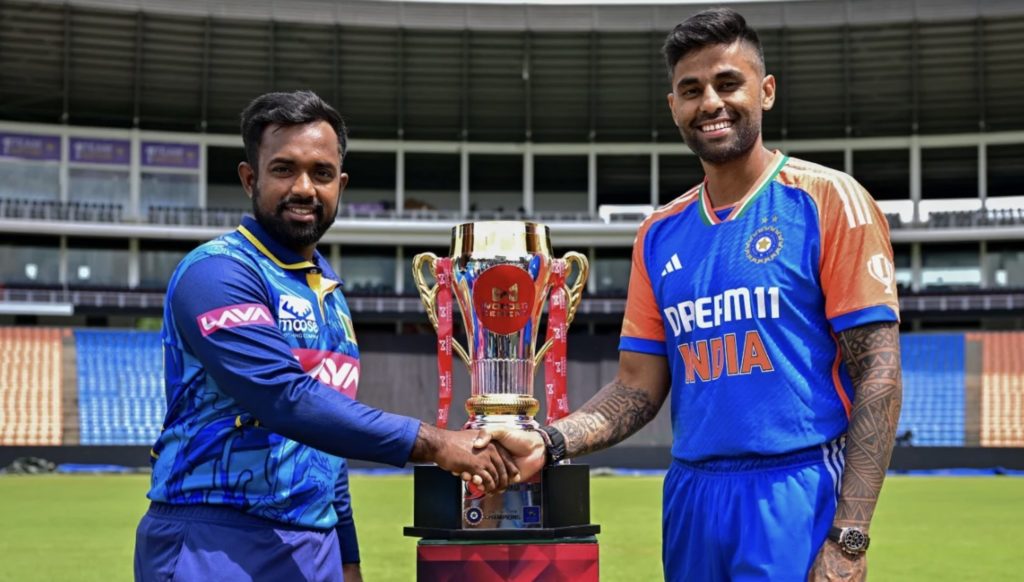Son of the late Makhaya Ntini, a great bowler for South Africa, Thando Ntini has talked about his father’s experiences with racism while playing for the national team. One of the best pacers to come out of the Rainbow Nation is Makhaya Ntini. In 101 Tests, 173 ODIs, and 10 T20Is, the 46-year-old took 390, 266, and 6 wickets in the corresponding matches. At Moses Mabhida Stadium in January 2011, he participated in his final Proteas game.
Makhaya was praised by both professionals and fans for his several game-winning performances as the inaugural black cricket player for South Africa. To get the recognition and respect he earned, though, he had to exhibit a great deal of tenacity and persistence. Thando disclosed that his father, who experienced rejection and isolation from the national team due to racism, does not talk about his experiences there with much zeal.
“He was battling for his life every single day on that team. Being the only guy of color there, it hurts to hear [when he claims] he can’t remember how many times the guys invited him to dinner. Even so, Thando disclosed on the podcast “The Load Shed” that he was good enough.
After revealing an incident that nearly prevented him from taking part in an Under-19 camp, Thando—who has played 21 first-class matches—talked about having experienced racial discrimination as well.
When Makhaya Ntini revealed the horrific racist experiences he encountered
In 2020, Lungi Ngidi made a call to action for the cricket community to oppose racism-based prejudice. Not long afterward, Ntini made some startling admissions about the racist experiences he had throughout his remarkable career. He said he wasn’t even asked to dinner and that his teammates disregarded him.
“At the time, I was quite lonely. No one came to knock on my door to go to dinner. My teammates used to plot things in front of me, ignoring me. “No one came to sit with me when I walked into the breakfast room,” Ntini remarked in a South African Broadcasting Corporation interview.
“We sing the same national anthem and wear the same uniform, but I had to get over the isolation.” When I saw the team bus driver, I would hand him my bag and dash to the cricket stadium. He continued, “I ran back instead of doing the same thing on the way back.


























